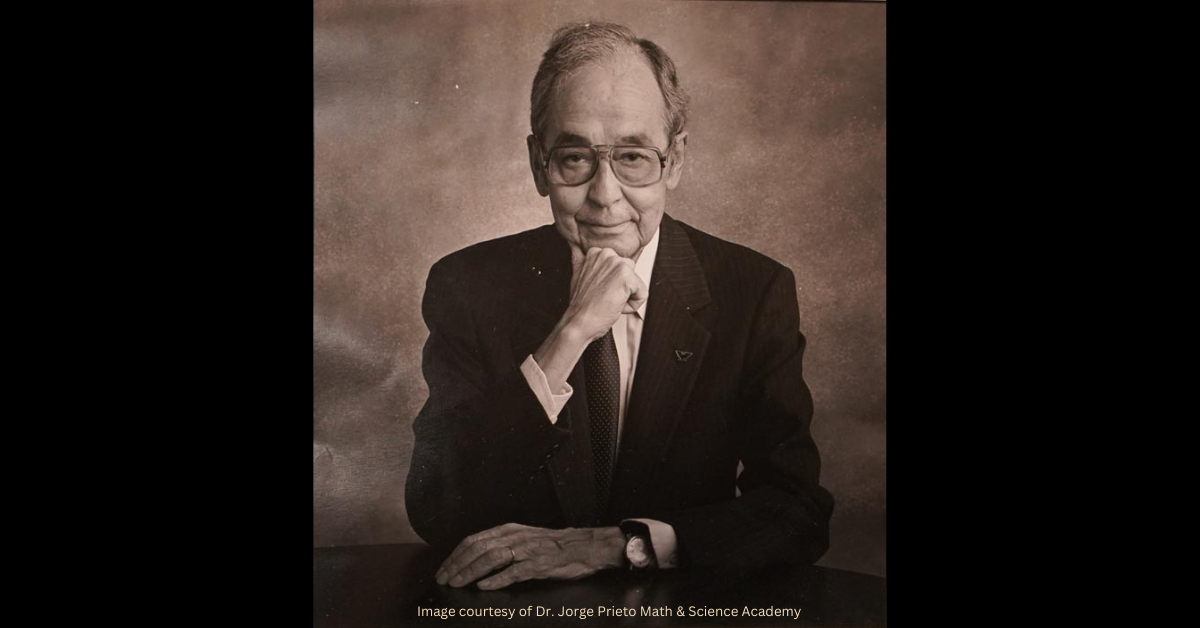Advancing Health Equity: Celebrating National Minority Health Month and Honoring Dr. Jorge Prieto

April marks National Minority Health Month (NMHM), a time dedicated to raising awareness about the critical need to improve the health of racial and ethnic minority communities and to reduce health disparities. Celebrated annually, NMHM highlights the disproportionate burden of premature death and illness faced by these groups and encourages action through health education, early detection, and disease control.
This year, the theme is “Advancing Commitments to Eliminate Health Disparities.” In line with this theme, we honor the legacy of Dr. Jorge Prieto, a pioneering physician who worked tirelessly to improve access to medical care for non-English speaking patients in the United States.
Dr. Prieto, a Mexican immigrant, understood firsthand the complexities and frustrations of navigating the U.S. healthcare system, especially for those facing language barriers. His career in Chicago was marked by a commitment to providing excellent healthcare and advocating for immigrant communities. Through his career as a family medicine physician at Cook County Hospital, a renowned teaching hospital and healthcare provider, and as a former President of the Chicago Board of Health, he transformed healthcare delivery to be more inclusive and accessible.
Born in Mexico City in 1918, Dr. Prieto began his medical journey in Chicago in 1952, making house calls in immigrant neighborhoods. He later opened a clinic and continued his advocacy by supporting labor actions and improving healthcare conditions for marginalized groups. His dedication extended beyond Chicago to providing medical aid to striking grape pickers in California in 1966.
Dr. Prieto’s impact was profound, culminating in the establishment of the Dr. Jorge Prieto Family Health Center, a testament to his lifelong commitment to serving the Cook County community. His work exemplified the belief that true happiness is achieved through service to others, a lesson he imparted long before it became a widespread ethos.
The challenges faced by individuals with limited English proficiency (LEP) in accessing healthcare are significant. According to the Kaiser Family Foundation Survey on Racism, Discrimination, and Health, adults with LEP report worse health status and face greater barriers to healthcare access compared to their English-proficient counterparts. They are more likely to be uninsured and less likely to have a usual source of care outside of emergency rooms.
Hispanic individuals make up nearly two-thirds of the LEP population, with Asian individuals comprising over a fifth. These groups often experience lower income levels, further exacerbating healthcare access issues. Community health centers play a crucial role in providing linguistically appropriate and culturally competent care, serving as vital resources for these communities.
As we observe National Minority Health Month, it is essential to continue advancing efforts to eliminate health disparities and honor the contributions of trailblazers like Dr. Jorge Prieto. By addressing the unique challenges faced by minority communities, we can work towards a more equitable healthcare system for all.